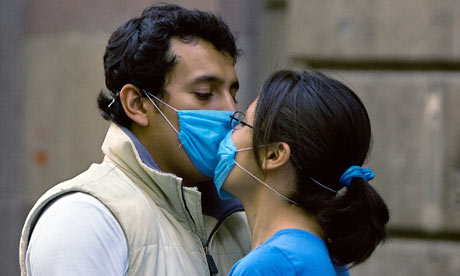BOOK REVIEW
'The Protest Singer,' a bio of Pete Seeger
THE PROTEST SINGER:An Intimate Portrait of Pete Seeger, by Alec Wilkinson. Knopf, 151 pp., $22.95.
When Pete Seeger was younger, Alec Wilkinson writes, he sang with precise pitch. "His phrasing was subtle but resourceful enough to inflect meaning and character and to enliven a narrative, but not so much as to divert the listener toward the singer's personality." The passage is one of those instances in which a writer inadvertently describes himself.
Wilkinson is a staff writer for The New Yorker, where "The Protest Singer" first appeared in condensed form in 2006. He draws a picture of the folk singer not only by summoning up his history, public and private, but by giving us the man observed, in small swatches of manner and conversation. In one scene, Seeger's wife, Toshi, admonishes him: "Pete, you didn't have any breakfast." "I had a cookie," he replies - a tender portrait of a marriage in two sentences.
It's hard to identify Seeger with one particular song, and it's likely that he'd prefer it that way - he considers himself a conduit for music rather than a commercial performer. As a member of the 1950s folk group the Weavers, he popularized Leadbelly's "Goodnight, Irene" and the African pop tune "Wimoweh." His own compositions are arguably better known in versions sung by other people - "Turn, Turn, Turn," by the Byrds, and "If I Had a Hammer," by Peter, Paul and Mary. Seeger is happiest when he hears his voice among other voices, rather than solo, Wilkinson writes. In concerts, he encourages his audiences to accompany him.
Seeger, who turned 90 this month, comes from an intellectual background. His father, a musicologist with radical politics, wrote a collection of tenets that reflected his belief that "music . . . is a means for achieving larger ends" - an ideology that has formed the basis of Seeger's life's work. Seeger picked up the banjo at an early age; through his friendships with Woody Guthrie and with folk music historians John and Alan Lomax, he became familiar with the American vernacular song tradition. An early dalliance with the Communist party, however, led to his confrontation with the House Un-American Activities Committee.
His subsequent blacklisting allowed him to focus on performing for the people he cared for the most. In the process, he has become a kind of folk hero. Seeger continued to play for schoolchildren and at demonstrations for political, social and environmental causes; in the 1960s, he participated in Martin Luther King Jr.'s march from Selma to Montgomery.
"People ask, is there one word that you have more faith in than any other word," he tells Wilkinson, "and I'd say it's participation." Wilkinson peppers his narrative with moving anecdotes of listeners transformed by a Seeger performance. At a concert a few years after the Vietnam War (which Seeger opposed), he was approached by a veteran who told him, "I came here this afternoon to kill you." "As he sat through the concert, laying eyes on Seeger for the first time, and singing with the rest of the audience," Wilkinson writes, "his antagonism dissolved." The veteran and Seeger sang a song together, and when they finished, the veteran told him, "I feel cleansed."

















.JPG)


